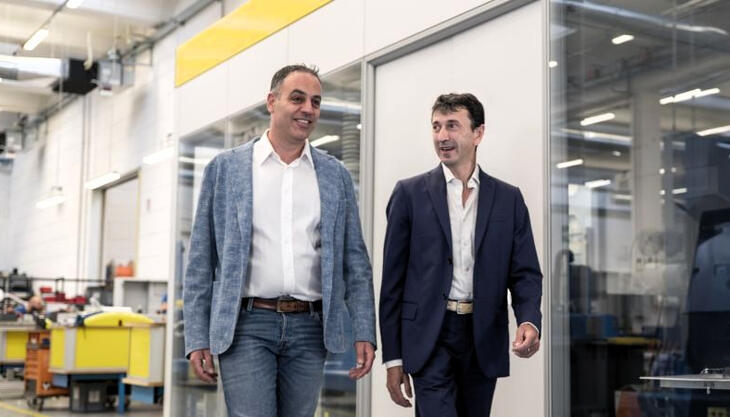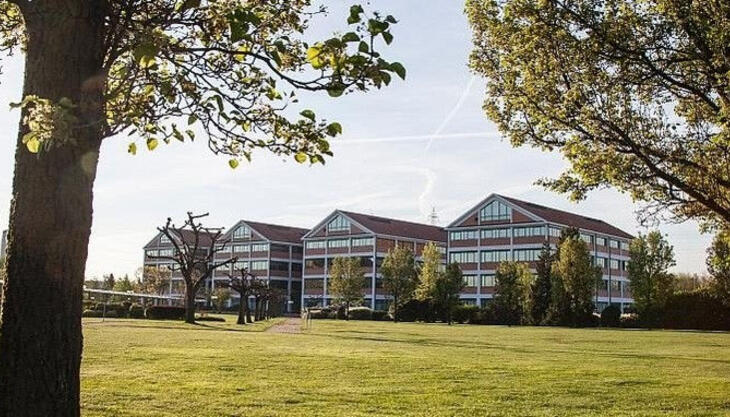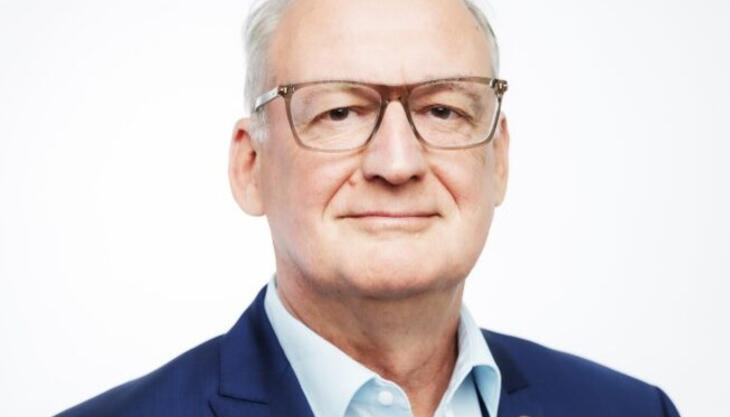The new President Previero: "Important and, above all, demanding challenges await us"
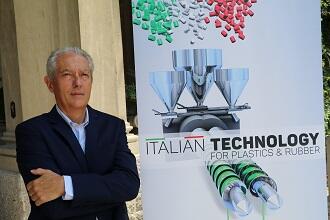
On June 25, Villa Erba in Cernobbio (Como, Italy) hosted the annual members assembly of Amaplast, the Italian trade association belonging to Confindustria that includes more than 160 manufacturers of plastics and rubber processing machinery, equipment, and moulds. The assembly began with the election of the new President and the two vice Presidents for the two-year term 2019-2021. Succeeding Alessandro Grassi, Dario Previero (Previero) was elected President and the two new vice Presidents are Gabriele Caccia (Syncro) and Massimo Margaglione (Gefit).
“I would like to thank outgoing President Alessandro Grassi, the Board of Governors, and the entire Member Assembly, who have elected me. The future challenges awaiting me, and all of us, are significant, and they will be demanding. The critical issue, and also - in my opinion - the great opportunity, is the question of the circular economy. I believe that it is indispensable that we make it clear to the conversion industry and to the entire production chain generally, but most importantly to those who do not operate in our sector, the fundamental role of technology in achieving the sustainable use of plastics”, commented Previero.
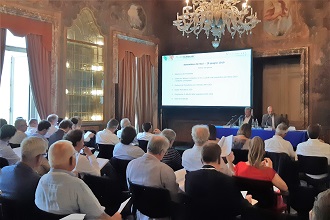 Slowdown phase
Slowdown phase
In his talk, outgoing Amaplast President Alessandro Grassi illustrated the trend in Italy for plastics and rubber processing machinery, equipment, and moulds.
“The year 2018 most likely represents the end of a growth cycle for the sector”, stated Grassi, “consolidating the record results witnessed in 2017, with double-digit growth in all indicators”.
On the basis of data from the Amaplast Statistical Studies Center, production during 2018 continued to grow, albeit at a modest pace, while exports fell only slightly. Imports and the domestic market showed good performance, the latter benefiting from investment incentive measures implemented in the earlier stability law.
The year 2019 is expected to bring a reversal in trend, with a downturn in both the domestic market and in exports. First-quarter foreign trade data for the sector - recently released by Istat - show a significant slowdown: approximately -20% for imports and -8% for exports. This period also witnessed a weakening of trade generally on the global level, partially due to the protectionist policies implemented by some of the major players.
The manufacturing industry in all parts of the world appears headed into a period of slowing growth and Italian manufacturers are no exception; the industrial production index has dipped into negative territory on more than one occasion, and a decline in orders has businesses worried. The faith of the business community shows signs of faltering within an overall lacklustre outlook and few rosy prospects.
“Among other things”, pointed out Grassi, “the information we have been receiving from our ‘German cousins’ is anything but reassuring: in the first months of 2019, orders for injection moulding machines have collapsed (by 30% according to unofficial estimates), dragged down by the crisis in the automotive sector”.
But also other application markets in Germany seem to be experiencing a difficult period. Indeed, a recent press release from the trade association VDMA contained estimates of a 10% drop in orders in the first quarter of 2019 and a similar drop in revenues at year end with respect to 2018.
“At this point it seems early to be talking about a recession in the plastics and rubber processing machinery sector”, emphasized Grassi, “but in Italy as well, the automotive industry, a major sector of application, has witnessed a significant downturn in recent months”.
The most recent sentiment survey conducted by Amaplast among its members in late May highlights decreased optimism, especially as regards orders, which on the whole are seen as diminishing with respect to two months earlier. The expectations for the first half of 2019 are rather cautious in this regard, although the perception on revenues for January-June are somewhat less negative.
In his talk, Grassi also mentioned the upcoming Plast (4–7 May 2021), part of The Innovation Alliance project, and the renewed agreement between the Plast 2018 organizer (Promaplast, service company for the Association) and the organization offices of Ipack-Ima, Meat-Tech, Print4All, and Intralogistica Italia.
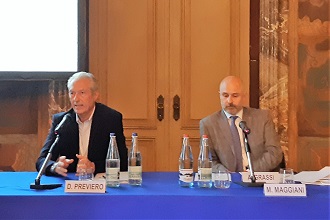 Challenges for the future
Challenges for the future
After the institutional part, the Assembly was opened to the public in a round-table discussion titled “Plastics and rubber processing machinery: challenges for the future”, with speeches by Marco Fortis, vice President of Fondazione Edison, Federico Visconti, Rector of Liuc, Antonello Ciotti, President of Corepla, and Giuseppe Scicchitano, Henkel Packaging Manager.
Fortis described the global economic framework, focusing on the effects on world trade and the plastics and rubber processing machinery industry of trade tensions between the United States and China, the policies toward Iran and Russia, the slowdown of the Chinese economy, and other dynamics involving world players.
Visconti discussed topics relating to the structure of the manufacturers in the sector and how their characteristics may influence especially their economic and financial performance. He also examined the capacity to innovate through an overview of patents taken out by companies in the industry.
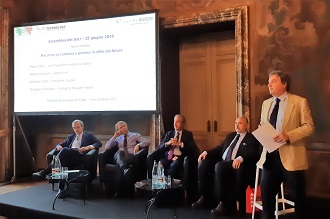 Ciotti illustrated and commented on data from 2018 regarding the recycling of post-consumer plastics, which grew by +9.7% over 2017 to exceed a total of 643,000 tonnes. Ciotti then went on to discuss the Single Use Plastics (SUP) directive within the context of the circular economy and in relation to the use of bioplastics.
Ciotti illustrated and commented on data from 2018 regarding the recycling of post-consumer plastics, which grew by +9.7% over 2017 to exceed a total of 643,000 tonnes. Ciotti then went on to discuss the Single Use Plastics (SUP) directive within the context of the circular economy and in relation to the use of bioplastics.
These topics were examined from a business perspective by Scicchitano, Henkel Packaging Manager, who discussed a vision for sustainable plastic packaging and the use of recycled materials.

















